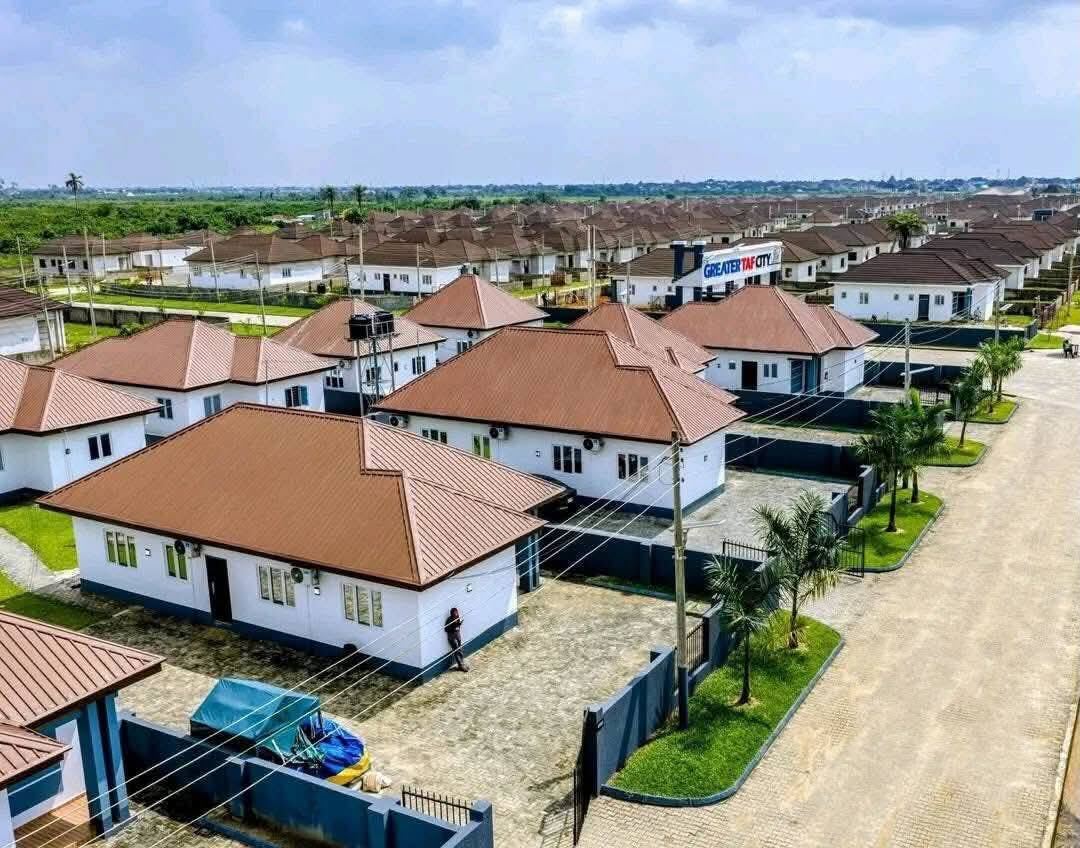 Industry specialists have emphasised the need for real estate professionals to embrace property technology (Proptech) to tackle issues of opacity in transactions, that often trigger low confidence in the market, and slow down businesses.
Industry specialists have emphasised the need for real estate professionals to embrace property technology (Proptech) to tackle issues of opacity in transactions, that often trigger low confidence in the market, and slow down businesses.
They said property technology solutions like automated valuation models, predictive analysis tools, blockchain-based property technology for decentralised ledger, virtual and augmented reality, big data analytics, Internet of Things (IoTs) for smart buildings, MLS platform and final offers, have become a trend in the market.
They also agreed that Artificial Intelligence (AI) powered analytics for property valuation and virtual reality tours, and online platforms for real-time data sharing among others, drive transparency in the market, hence, professionals in Nigeria must increasingly embrace the use. To them, improved Proptech usage will boost accessibility, and data accuracy in the real estate market.
Speaking at a webinar entitled: “Unlocking real estate transparency: How Proptech Enhances Trust and Transparency” organised by the Association of Real Estate Agents in Nigeria, an affiliate of the National Association of Realtors United States, the International Real Estate Federation (FIABCI)-Nigeria Chapter Vice President, Ayodeji Odeleye, said transparency in real estate is now a big issue for everyone, raising concerns to practice. He pointed out that lack of transparency in pricing makes it difficult for buyers to get fair market value in transactions and negotiate effectively.
Odeleye said lack of transparency also limits access to accurate and comprehensive property information, leading to uncertainty and risks for investors who will be uncertain about how to recoup invested funds in the sector.
He observed that difficulty in accessing the true condition and history of a property is also an issue, which impacts negatively on both buyers and sellers, thus, complicating decision-making.
For instance, he stressed that AI is revolutionising real estate practice, automating processes that improve decision-making and playing a crucial role in ensuring transparency and helping to detect annuities and property listings, detecting potential frauds, geo-tagging/intelligent property search assists agents to generate leads and transactions and providing accurate property valuation.
“Inefficient market data dynamics due to lack of standardise data and information, which comes with lack of transparency potentially leads to slower transactions and higher cost for parties involved. The high value of property in Banana Island, Lagos is hugely linked to a lack of transparency because people don’t know what is going on and people buy the property. Price keeps going higher and is difficult to control,” he said.
Odeleye said some countries put in place transparency criteria to attract Foreign Direct Investments (FDIs), noting that Proptech enhances its ability to meet the conditions in the real estate sector.
On how Proptech platforms ensure security and privacy, especially when it comes to real estate big data, he said while there is a need to invest in cyber-security, Proptech platforms ensure the security and privacy of real estate data through existing policies that guide against data loss.
Another member of the association, Rei Obaigbo, noted that Proptech offers exciting experiences for real estate professionals like brokers, making the profession easier in terms of sourcing for new property, networking and efficiency.
Obaigbo, who is also the Public Relations Officer of the chapter said Nigeria has not attained the height of Proptech usage but observed that getting to that destination is inevitable.






